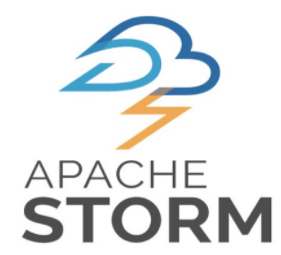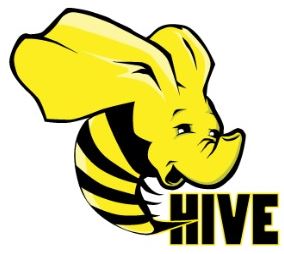16. What are the different types of CPU registers in a operating system design?
Accumulators
Index Registers
Stack Pointer
General Purpose Registers
17. What is caching ?
A cache is a hardware or software component that stores data so that future requests for that data can be served faster; the data stored in a cache might be the result of an earlier computation or a copy of data stored elsewhere. A cache hit occurs when the requested data can be found in a cache, while a cache miss occurs when it cannot. Cache hits are served by reading data from the cache, which is faster than recomputing a result or reading from a slower data store; thus, the more requests that can be served from the cache, the faster the system performs.
18. What is an Assembler ?
Assembler is a program that turns assembly language into machine code. An assembler is a program that takes basic computer instructions and converts them into a pattern of bits that the computer’s processor can use to perform its basic operations.
19. What is an interrupt ?
An interrupt is a condition that causes the microprocessor to temporarily work on a different task, and then later return to its previous task. Interrupts can be internal or external. Notice that when the interrupt (Int) occurs, the program stops executing and the microcontroller begins to execute the ISR.
20. What is a page fault ?
A page fault is a type of exception raised by computer hardware when a running program accesses a memory page that is not currently mapped by the memory management unit (MMU) into the virtual address space of a process.









